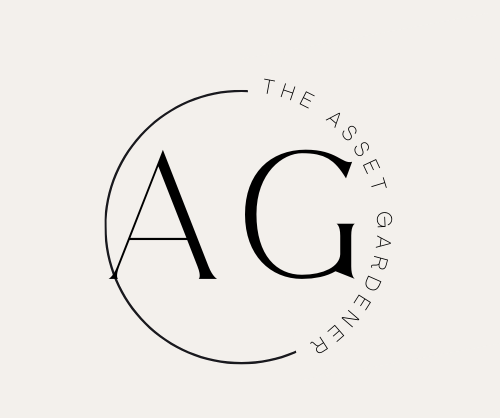
The Hidden Cost of Status: Understanding the Grass Tax
Status is a powerful societal force. It shapes our choices, influences our lives, and even serves as the background of our cultures. One unexpected aspect of this is our obsession with front lawns, a concept that originated around the time of Columbus in America. These lawns symbolize wealth and leisure—an indicator that one can afford to waste space and resources on non-productive land.
Why Are We So Attached to Our Lawns?
Think about it: maintaining these lawns isn't just a hobby; it’s a huge financial commitment. Depending on where you live, a staggering 30% to 70% of the entire nation's freshwater supply is used to irrigate lawns. We pour billions of dollars into their maintenance, and the fossil fuels burned in lawn care equipment further exacerbate environmental issues. If someone were to pitch the idea of a grass lawn today, with all its associated costs and challenges, would anyone actually consider it? Most likely not.
The Rise of Artificial Turf in Our Communities
The ongoing shift from natural grass to artificial turf in sports fields highlights our evolving perceptions of status. Many schools are replacing traditional grass with plastic alternatives, primarily because 'everyone else is doing it.' However, this transition raises questions: Is artificial turf genuinely an upgrade? Or is it simply a representation of our collective pursuit of status?
Reflections on Cultural Values and Status
As entrepreneurs and business owners, it's crucial to recognize how societal norms impact our decisions. Are we investing in things that really matter, or are we getting tangled in the web of status-driven choices? Like Jay Gatsby's extravagant efforts to impress Daisy with a pristine lawn, can we sometimes lose sight of what genuinely adds value?
Now might be the time to embrace new perspectives. Instead of conforming to status indicators that may not hold any real benefit, consider prioritizing practicality and sustainability in your decisions. Each small step away from the expectation of lavishness can lead to significant, meaningful change—both personally and in the broader community.
 Add Row
Add Row  Add
Add 




 Add Row
Add Row  Add
Add 
Write A Comment